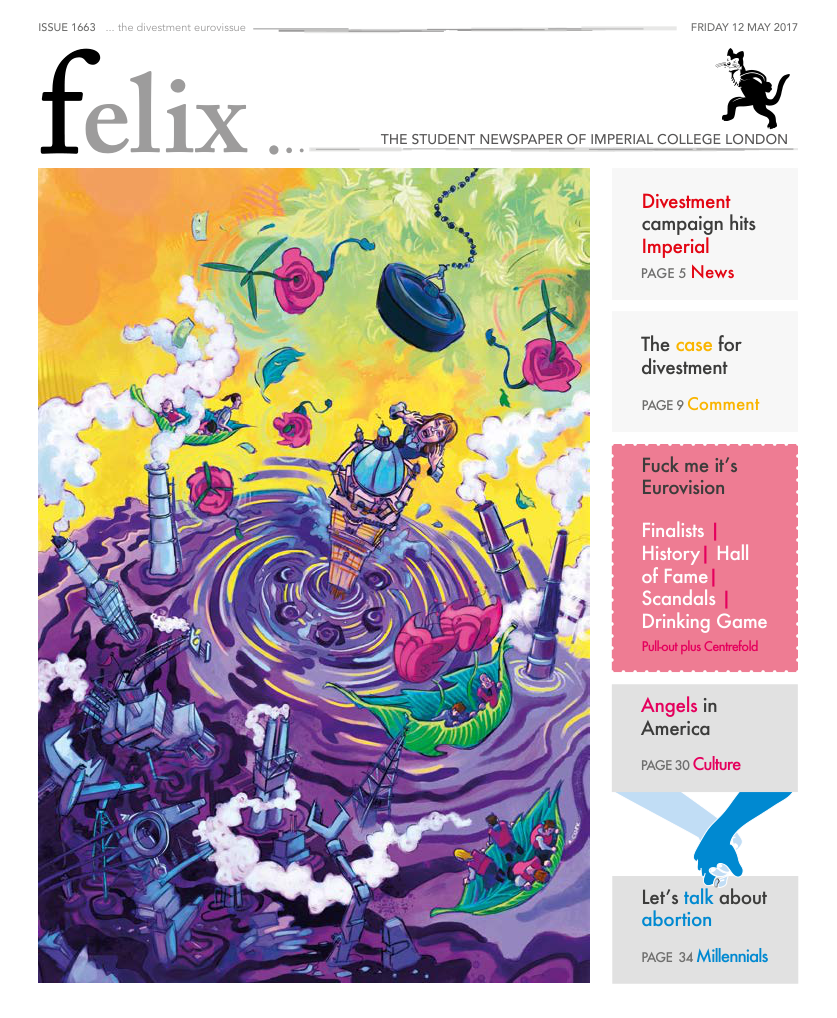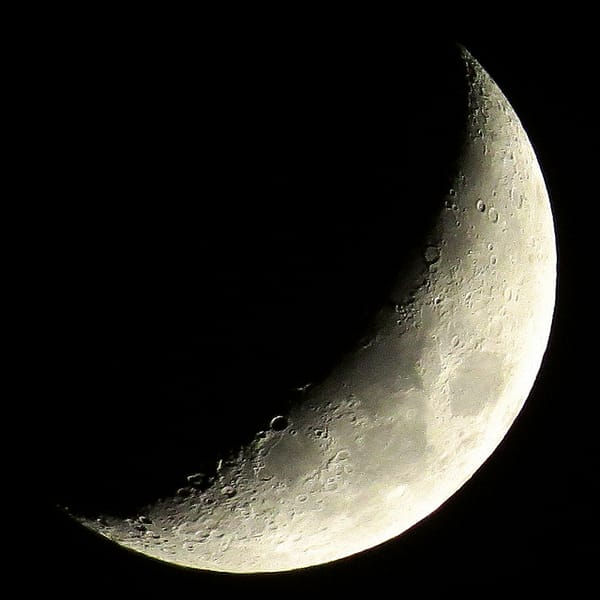How we’ll meet-eor our maker
Lizzie Riach discusses the subtleties of a meteor apocalypse

New computer simulations have found that if an asteroid impacted Earth, humans would be more likely to die from the blast itself, and not the subsequent effects it would have on the planet. A comforting thought. The shock waves, extreme winds and falling bits of space rock would probably deal the surrounding humanity its final blow. That is, according to recent computer simulations conducted by planetary scientists lead by Clemens Rumpf.
One of the simulations targeted London specifically, simulating a 200-metre-wide space rock hurtling at a speed of 20 kilometres per second. The results indicated that around two thirds of all suggested fatalities would be a result of shock waves and extreme winds carrying debris.
The range of damage seen in simulations was, as you’d expect, very broad, with some impacts killing over 117 million people, and others posing no threat at all, with smaller space rocks exploding in the atmosphere before reaching the ground. Tsunamis became the main danger for asteroids landing in water (accounting for around 70-80% of the total deaths from each of these impacts). Despite this, the simulations showed land impacts to be much more catastrophic for life than those landing in the oceans, due to the likely proximity of dense human populations.
But you can rest easy. In reality, fatal asteroids are very rare. Meteors that slip through, like the 20 metre wide rock that shook the Russian city of Chelyabinsk in 2013 are predicted to only frequent Earth every century. Impacts like the one suspected of driving the dinosaurs to extinction 66 million years ago are believed to only occur once every 100 million years.
But, as is the nature of most natural phenomena, meteors can’t be predicted. Astronomers are constantly scouting the skies for potential dangers. Others ask the question: so what if we were in the line of fire? How would we divert this space rock? Proposals include countering the asteroid with a high speed spacecraft to throw it off course, or initiating nuclear explosion to propel it away (the “Asteroid impact avoidance” wiki page highlights multiple strategies in detail!)
The simulations are not without criticism. Gareth Collins, a planetary scientist working here at Imperial, suggests the published findings could be misleading. With a 60-metre-wide rock, very few impacts could kill millions, with the majority killing none. The average is therefore greatly inflated by a few exceptional circumstances – it all depends on where it lands, Collins maintains: “you have to put it in perspective.”









